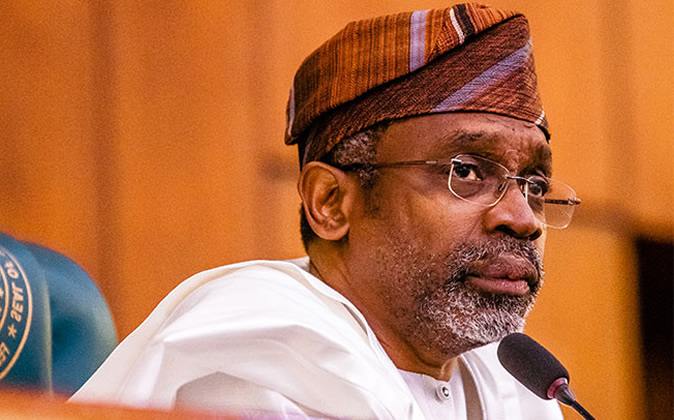
I came across a publication on the above subject in The PUNCH on Tuesday, November 8, 2022. The Speaker of the House of Representatives, Femi Gbajabiamila, was quoted in the article to have said among other things “the executive’s position that it is not obligated to pay salaries to lecturers for the time spent on strike is premised on the law and government’s legitimate interest in preventing moral hazard and discouraging disruptive industrial actions.”
One wonders if it is the same Gbajabiamila, who three weeks ago informed Nigerians that the President, Major General Muhammadu Buhari(retd.), had cancelled the “no work no pay” decision of the government and promised that the backlog of withheld salaries would be paid to the lecturers in a number of installments. One also wonders if it is the same Gbajabiamila who said there was no need to sign any agreement on the promises he made on behalf of the government after his meeting with Buhari because it was all about trust. If he is really the one talking in the publication under reference, then his commitment to, and meaning of trust leave much to be desired.
Again, one wonders if it is the same government that entered into a Memorandum of Understanding in 2017 and a Memorandum of Action in 2020 to address the demands of the Academic Staff Union of Universities but failed to fulfill its part of the memoranda talking about preventing moral hazard. If the government had fulfilled the promises it made in the memoranda it freely signed, ASUU would not have gone on strike. Hence, no one following the issues in good conscience and mental stability would think that ASUU just got up one day and declared strike because only then, the “no work no pay” rule becomes applicable.
For instance, it is important to remind Nigerians that part of the reasons ASUU went on strike was government’s failure to pay university lecturers their about eight years arrears of Earned Academic Allowances which work they had done. Does the same government that has failed to pay the lecturers their EAA for work already done for eight years possess the moral rectitude to talk about “no work no pay”? Are the arrears going to be paid with interest and when? Maybe we should be talking about preventing moral hazards in governance instead.
Gbajabiamila’s proposal for partial payment of the lecturers’ withheld salaries is therefore unthinkable and unacceptable. How will that discourage disruptive industrial actions? Also, how will that facilitate the completion of the disrupted academic session? Let it be stated for the avoidance of doubt that it is the failure of the government over the years that has disrupted academic sessions.
Furthermore, it is the government’s insistence on withholding the salaries of lecturers that will further disrupt academic sessions. Therefore, Gbajabiamila should shelve the idea of partial payment and advise the government to use the withheld salaries to complete the academic session that was interrupted by the strike then a new session can be started.
Suffice to say that, from all manifestations, the intervention of the leadership of the House of Representatives towards resolving the lingering FGN-ASUU feud was not genuine but political. The same promise to appropriate funds towards addressing ASUU’s demands was made in the 2020 MOA, but here we are at the same spot in 2022 with the same players making the same promise. In fact, Gbajabiamila said in 2020 that he was not going to sign any budget if it did not provide for the demands of ASUU to be met. Do members of the House of Representatives expect ASUU and Nigerians to trust them? Well, only time will tell.
Talking about the education summit, can the masses afford to attend or even make submissions given the current economic hardships being experienced all over the country? My proposal is that members of the National Assembly should go to their constituents at the grassroots. If members of the National Assembly (both Senate and House of Representatives), who should speak for Nigerians, genuinely desire to address the issues bedevilling our universities, they should hold town hall meetings in all their constituencies on the FGN-ASUU debacle and collate their views for action.
Finally, with the way things are going, well-meaning and discerning Nigerians should know what to do to discourage “moral hazard” come 2023.
- Jurbe Molwus writes from the University of Jos





